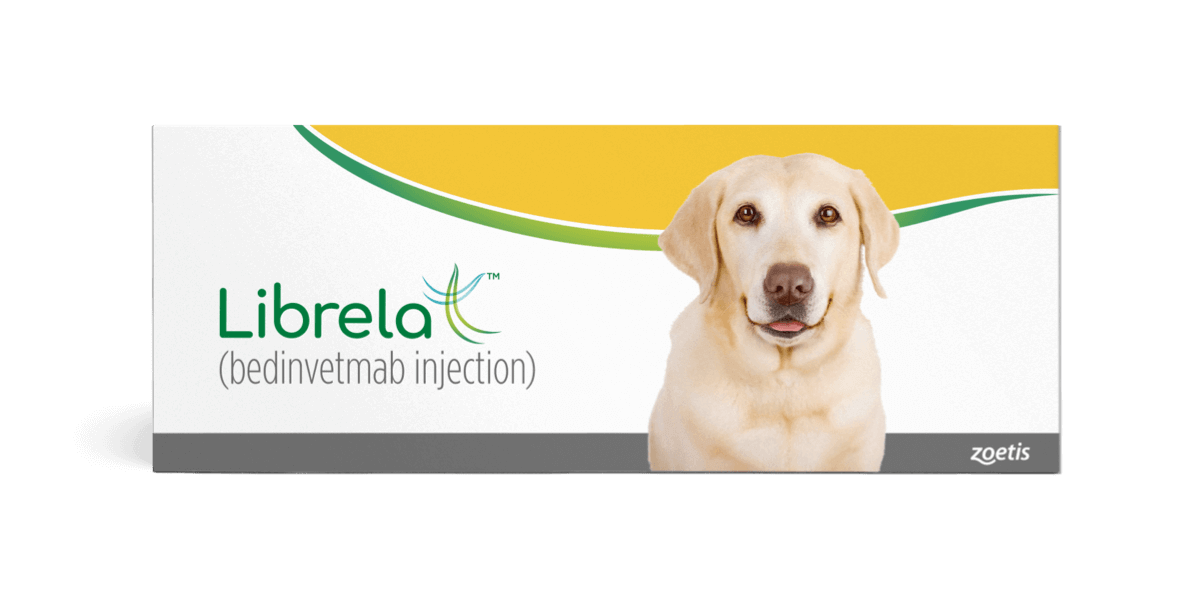Get Your Cat Back to Their “Normal” with Solensia
Cats hide almost everything, especially pain. But if your cat is suffering from osteoarthritis (OA) pain, you’ve probably noticed changes in their everyday behavior. Things like jumping, climbing stairs, and even playing might not be so easy for them.
OA is a type of arthritis that occurs when the tissue in your cat's joints starts to get worn down, causing bones to rub against one another. You’d think this just makes moving harder, but OA can also cause severe pain. Without treatment, your cat's pain can continue to worsen.
Solensia is a monthly injection administered at your vet's office that can help control the pain your cat may experience from OA.
While cat OA isn’t curable, the pain from OA can now be effectively managed.
Solensia helps your cat get back to moving more freely again and stops OA pain from disrupting the unique bond they share with you.
What to Expect With Solensia
In a clinical study, cat owners reported that Solensia improved their cat’s quality of life, comfort, and overall well-being.
✅ Controls OA pain in cats which returns them to their "normal" by improving mobility
✅ A once-monthly injection given at your vet's office
✅ Works like your cat's naturally made antibodies to reduce pain signals
Take a look at Zoetis’ OA Checklist to see if your cat is showing signs of OA pain.
Hear From Us Again
Don't forget to subscribe to our email newsletter for more recipes, articles, and clinic updates delivered straight to your e-mail inbox.
Related Categories:








